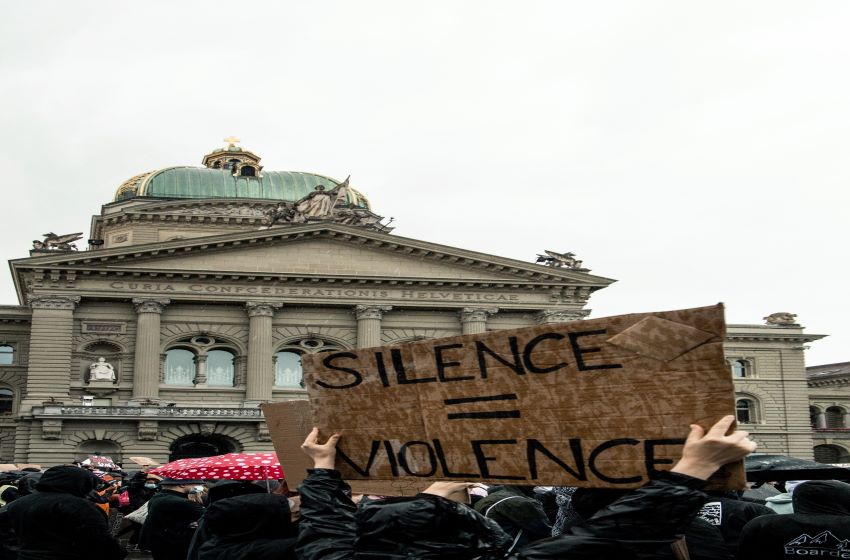
Violence against women increases: a shadow pandemic
Globally 1 in 3 women across their lifetime suffer from physical or sexual violence by an intimate partner or sexual violence from a non-partner. The number has remained largely unchanged over the past decade. Younger women are most at risk, according to a global survey managed by World Health Organisation (WHO).
The report warns that the COVID-19 pandemic has further increased women’s exposure to violence, as a result of measures such as lockdowns and disruptions to vital support services.
”1 in 4 young women (aged 15-24 years) who have been in a relationship will have already experienced violence by an intimate partner by the time they reach their mid-twenties.”
Intimate partner violence is by far the most prevalent form of violence against women globally (affecting around 641 million). 6% of women globally report being sexually assaulted by someone other than their husband or partner.
VIOLENCE DURING PANDEMIC
“It’s deeply disturbing that this pervasive violence by men against women not only persists unchanged, but is at its worst for young women aged 15-24 who may also be young mothers. And that was the situation before the pandemic stay-at home orders. We know that the multiple impacts of COVID-19 have triggered a “shadow pandemic” of increased reported violence of all kinds against women and girls,” said UN Women Executive Director Phumzile Mlambo-Ngcuka.
“Every government should be taking strong, proactive steps to address this, and involving women in doing so”
REGIONAL DIFFERENCES
Violence disproportionately affects women living in low- and lower-middle-income countries. An estimated 37% of women living in the poorest countries have experienced physical and/or sexual intimate partner violence in their life.
The regions of Oceania, Southern Asia and Sub-Saharan Africa have the highest prevalence rates of intimate partner violence among women aged 15-49, ranging from 33% – 51%. The lowest rates are found in Europe (16–23%), Central Asia (18%), Eastern Asia (20%) and South-Eastern Asia (21%).
WHO says preventing violence requires addressing systemic economic and social inequalities, ensuring access to education and safe work, and changing discriminatory gender norms and institutions.
“Successful interventions also include strategies that ensure essential services are available and accessible to survivors, that support women’s organisations, challenge inequitable social norms, reform discriminatory laws and strengthen legal responses, among others.”
Moonshot News is an independent European news website for all IT, Media and Advertising professionals, powered by women and with a focus on driving the narrative for diversity, inclusion and gender equality in the industry.
Our mission is to provide top and unbiased information for all professionals and to make sure that women get their fair share of voice in the news and in the spotlight!
We produce original content, news articles, a curated calendar of industry events and a database of women IT, Media and Advertising associations.




